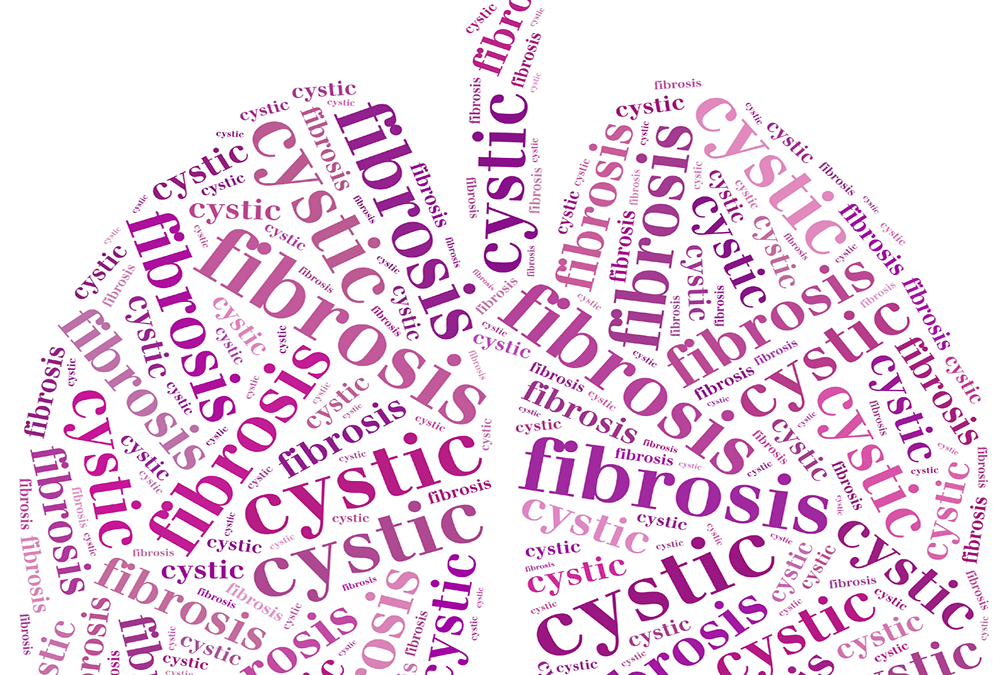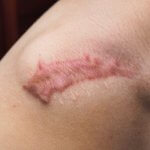There are always new studies being conducted to understand the potential therapeutic uses of stem cells. In this blog, we will be exploring a particular set of experiments conducted by two recognised experts in cloning and stem cell therapy, Frank McKeon and Wa Xian.
These two, from the Department of Biology and Biochemistry and the Stem Cell Centre at UH, have been looking into conducting tests to identify the source of the persistent inflammation in CF lungs.
If you are curious about what CF is, what the study has found and its connection to stem cells, read on.
What is Cystic Fibrosis
The simple explanation for Cystic Fibrosis (CF) is that it is an inherited, progressive disease that affects the lungs and digestive system. The disease makes the body produce a sticky mucus that can build up in the lungs and pancreas. It causes long-lasting infections and inflammation, limits the ability to breathe and makes it difficult for sufferers to digest food.
It is caused by a defect cystic fibrosis transmembrane conductance regulator (CFTR) which is what causes the body to produce the sticky mucus.
The Elements of the Study
The newborn spot test is offered to all mums, and it is not a compulsory test. It is a good option though so have a discussion to have with your midwife. This test does cover a good range of health conditions but what if you could find out even more health issues your baby may be predisposed to?
Let’s introduce you briefly to the Newborn Genomes Programme.
As discussed in the Woman’s Hour segment Vivienne Parry of Genomic England and Rebecca Middleton who works for Genomic on the panel representing parents and health care professionals are working on a project talk about further genomic sequencing for newborns.
The project aims to widen the number of diseases tested for, to help parents make early changes to keep their babies healthy. The way it will work is a sample of blood or saliva will be taken from baby and then tested against actionable genetic conditions that may affect their early life.
This project is being created by Genomic England, working closely with health care professionals as well as parents to figure out both the benefits and potential downfalls of this sort of testing.
This testing has some interesting potential. Working with both the professionals for technical elements and parents for more of the ethical dilemmas, most people seem to agree that this idea is great but needs to be done right.
The team hope to launch the research pilot in mid-2023 to evaluate whether this project could work.
Baby Insight
Now, what is this study looking at? It is about to get a little complicated but let’s dive in.
Based on some experiments to do with chronic obstructive pulmonary disease or COPD, which has similar pathologies to CF, the team hypothesised that stem cell variants play a role in the progression of CF. This progression is triggered by but separate from the CFTR gene.
Still with us? Good!
The clinical studies seem to suggest that the earlier application of CFTR modulators (something that will correct the malfunctioning protein in this cell) could be a game-changer for CF. A companion drug will likely be needed for those with advanced lung disease, but things are looking good.
For the full details, you can check out this article.
Stem Cell Storage
Stem cells clearly have some amazing potential when it comes to medical therapies. So why should you store your child’s stem cells?
Usually when receiving stem cell treatments from a donor – whether that is a blood relative or stranger – the cells need to be as close a match to you own as possible. Worse still you may need to wait for a donor to come along which can take some time.
Here is why it is so beneficial to store your baby’s cord blood and tissue.
Should your child become sick then you will have immediate access to a 100% stem cell match as and when you need it. Second to that should they have a sibling that gets ill, you will again have immediate access to the stored stem cells that have a high chance of being a close match. (25% chance of being a perfect match and 50% chance of being a partial match)
With all this information, if you are interested in the process of cord blood banking you can get a welcome pack from us, which should give you all the details you need. We are also always happy to give you help over the phone.
Request a Welcome Pack
Find out more about cord blood banking by downloading a Welcome Pack now.
If you or someone you love is affected by cystic fibrosis then check out the NHS website to get resources and information on different conditions. You can also get support from Cystic Fibrosis Trust.
None of the information on this website pertains to medical advice. For medical advice and support with your healthcare please speak to your designated Healthcare provider.









